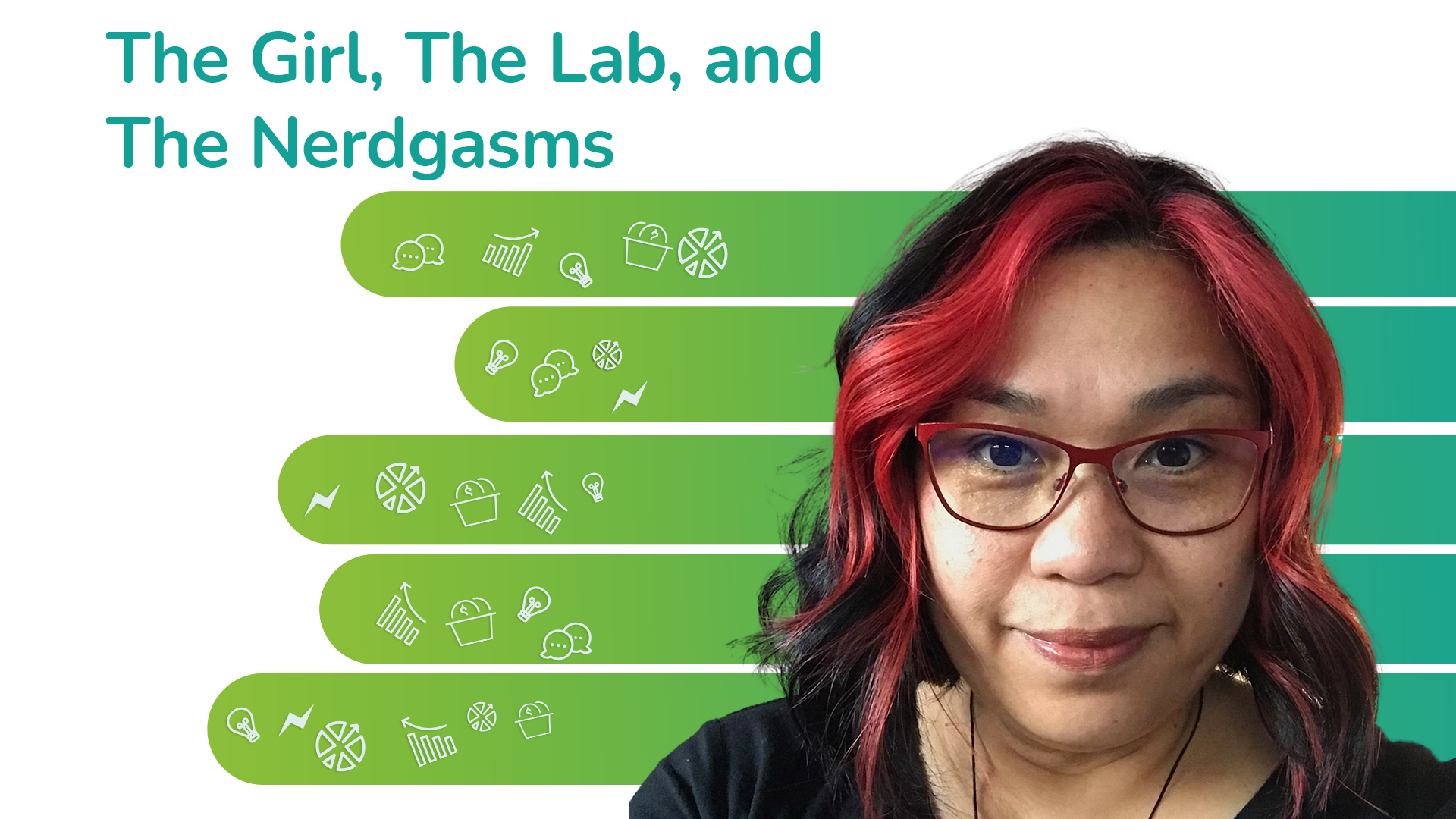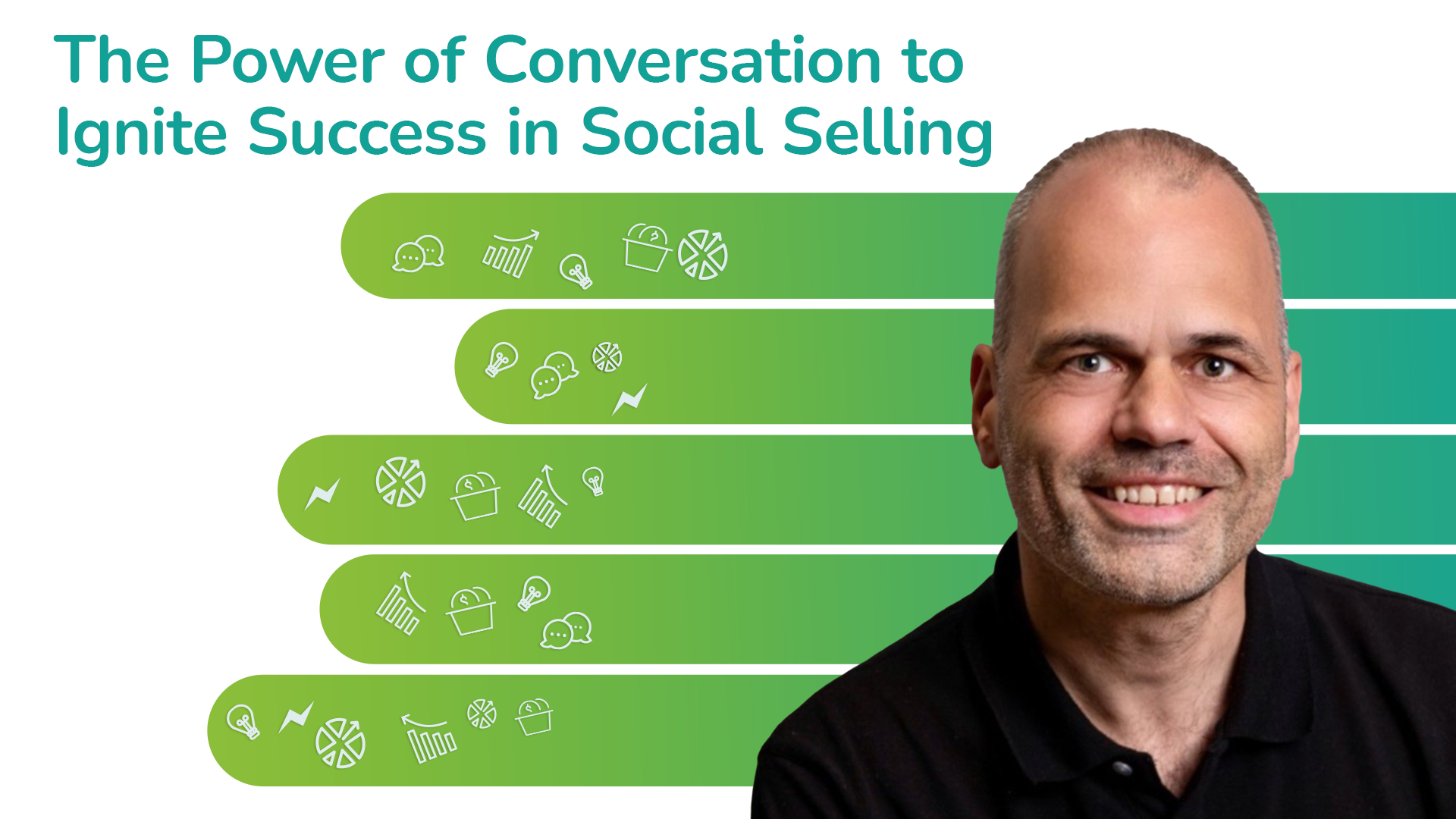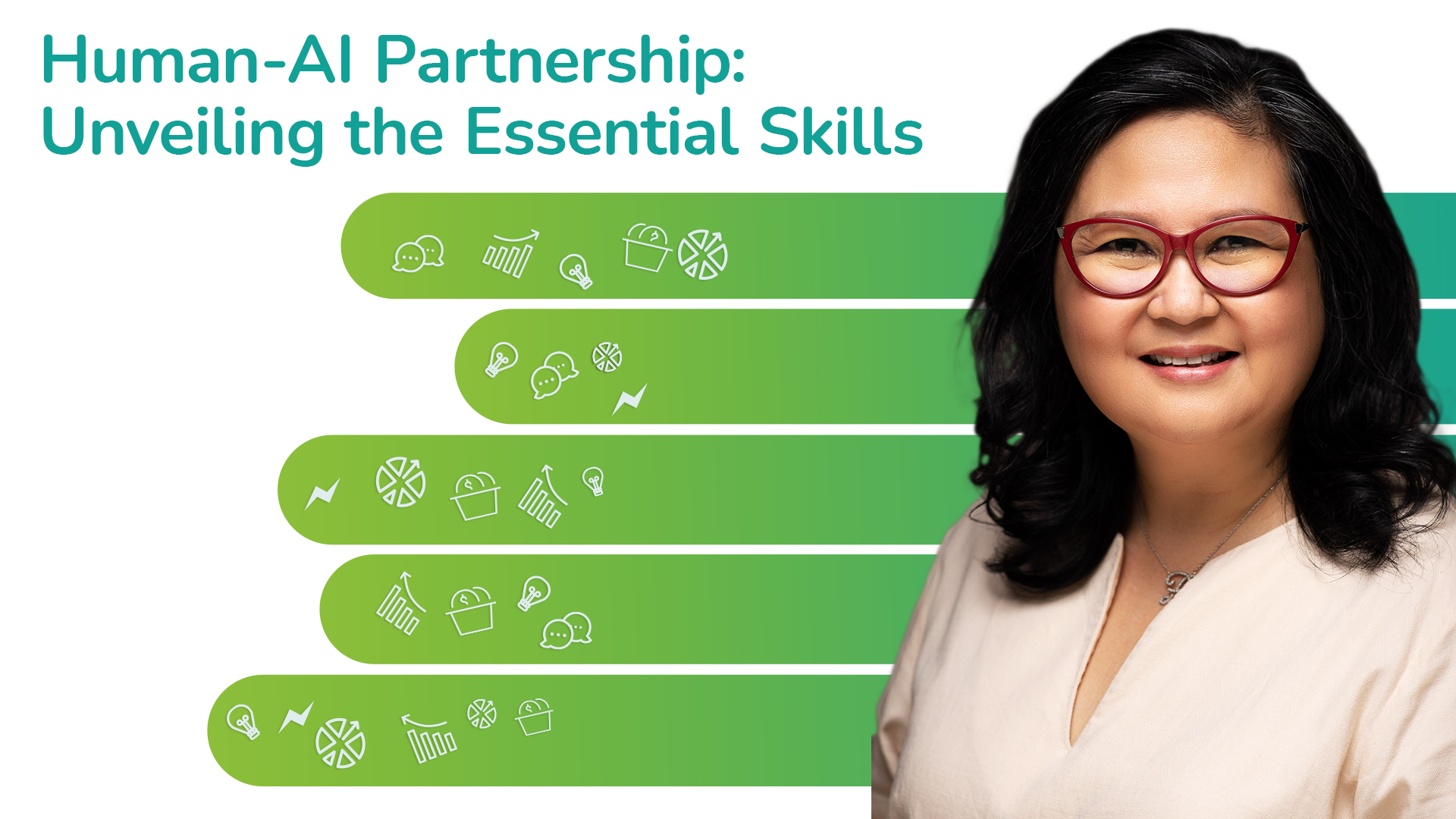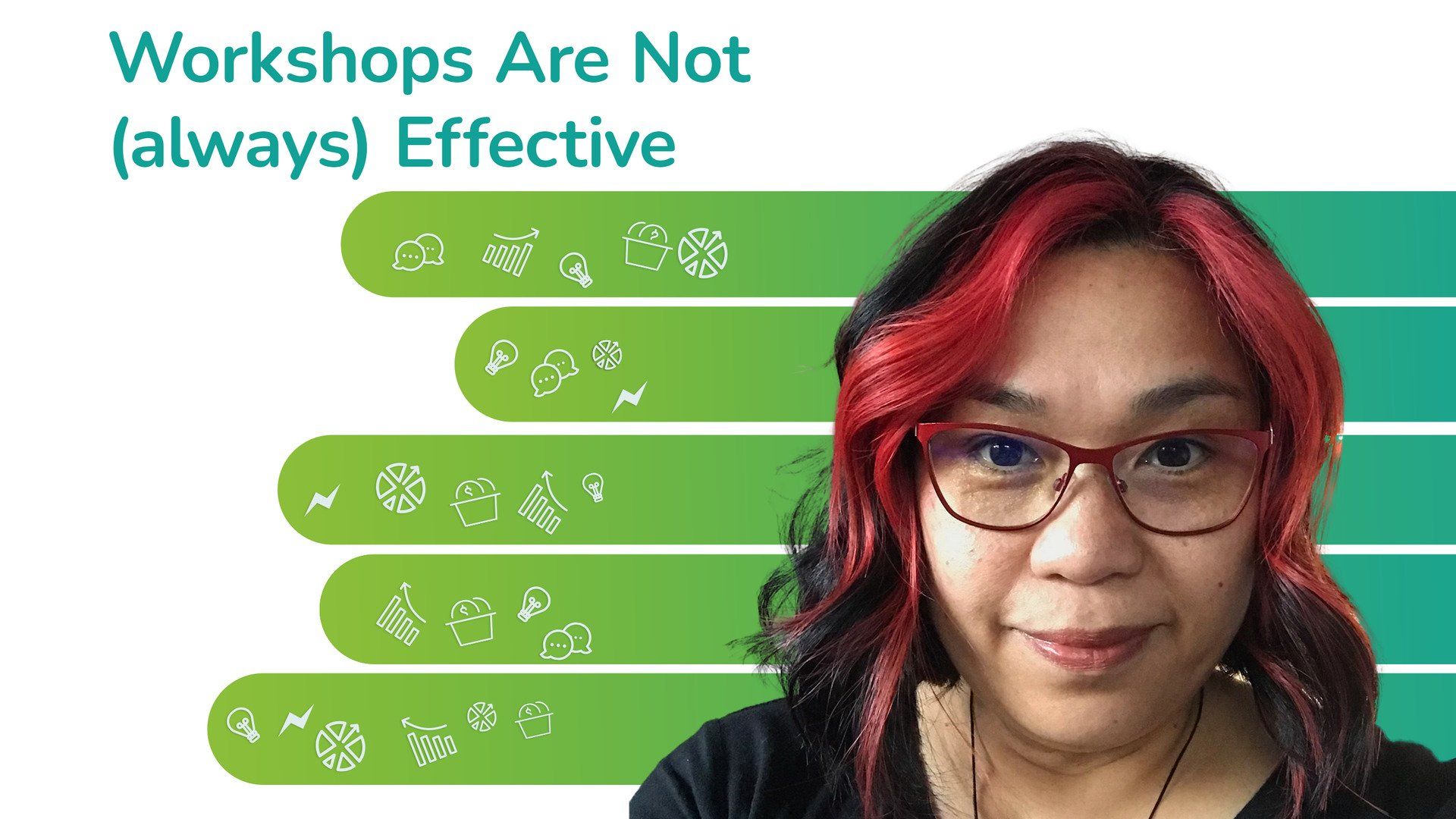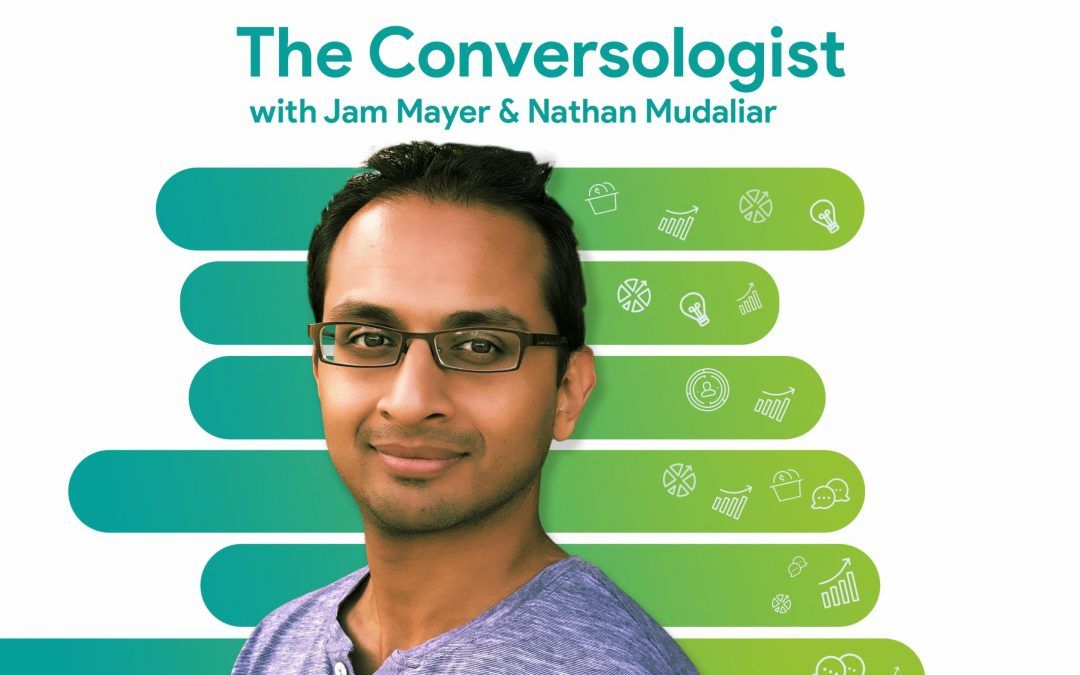
Season 2 Episode 20 | 27 minutes 16 seconds
What if you could talk to the (near) future and equally, the future talks to us? The Metaverse has a lot to offer but will that allow us to travel through time using avatars and learn about what is yet to come? Rew joins me in this thought exercise around the technologies behind the show, The Peripheral, and a few real-world (the present) applications.
Warning: Some spoilers included.
Host & Guest
Rew Shearer
Jam Mayer
Resources
Episode Conversation
Topics that were discussed:
- "The Peripheral" Quick Synopsis
- How will it impact digital conversations
- Technology is neither good nor bad. Why?
- Social media: a social tool or a monetisation tool?
- How does the future talk to the past, or vice versa, in The Peripheral?
- What is the Peripheral?
- Real-World applications of the Peripheral technology
Episode Transcript
Rew
What if you could talk to the future? And equally, if the future could talk back to us, where the past or the future is talking to us and we're talking to them. It's a conversation, which is a necessary introduction because this is about conversations in the digital space, and this is a bit of a thought exercise and a speculative exercise rather than a strict topic. It's definitely not about marketing, as far as I know. And yet, maybe it is.
Jam
Welcome to the Conversologist podcast, where we talk about the art and science of conversation in the digital space. We know that technology can be a powerful enabler, but communication and emotional connections still need to be at the core. I'm your host, Jam Mayer, and joining me is an award-winning radio copywriter and my co-host, Rew Shearer. I invite you to converse with us.
"The Peripheral" Quick Synopsis
Rew
Today, our conversation has been prompted by a show that you may or may not have seen called "The Peripheral." Quick synopsis: it's essentially the future, a dystopian one, of course; it's very popular at the moment in sci-fi, and it has technology that allows it to talk through games or gaming headsets of sorts to its past, present, or very near future.
And the story is all about the dealings of our present with the future, those conversations, and how the future people want to use their past. I think what I find very interesting about it, just as a synopsis, is that they don't really see the past as something to be learned from, treasured, or preserved even, but see it in a typically human fashion as a resource to be exploited.
Without any spoilers for the show, I'll give you an idea of why it's so interesting because what this podcast has all been about to date is conversations enabled by digital technology. And Peripheral takes that and leaps with it and creates an entire story out of it. But it is worth having a conversation about because it's so relevant. It's kind of a black mirror sort of approach to where we're at at the moment and what we're absolutely on the cusp of in terms of technology.
And there are a few other aspects of it that are really worth exploring at this point.
How will it impact digital conversations?
Jam
Maybe we can break it down into two or three things that could impact digital conversations. One is the technology. Second is how humans, both past and future, use that technology in order to have that conversation. And then third, is this a sneak peek of what the metaverse is actually going to look like, which everyone is talking about right now, thanks to Mark? Are we going to accept it? Are we going to be comfortable with it?
Rew
Very good questions, and I almost want to lead straight to the answers to some of them, only because I find it very, very interesting that we stand on the threshold of a new technology that we see as being completely revolutionary, and it is daunting. In the case of technology and the peripheral, it isn't just about conversations. Yes, you can talk. Past and future can talk, and they do this through quantum tunneling. Now, as much as I may be a nerd about physics and cosmology and whatever else, I don't understand quantum tunneling enough to know whether it's just a bunch of horse crap or whether there is actually some truth in the idea of quantum tunneling being a way to talk to a future. I suspect not.
But I could be wrong, because according to Einstein, all points in time exist. We just happen to be traveling along it, and we only see to and from our own personal horizon. So, back to what we're talking about. It isn't just the conversations. They also have the technology to connect emotionally and experientially. So essentially, the technology is allowing you to slide in not just to somebody's DMs, but to somebody's personal thoughts, experiences, and feelings—what they're seeing, all of their senses, and potentially what they're thinking and feeling as well.
Fear, happiness, excitement, whatever it happens to be. That technology does sound very daunting, obviously, to us because we are very, very used to being within our own little personal bubble.
Communication is essentially what we can do with body language or with words, and that's essentially it. Otherwise, it's conjecture. You can imagine what somebody else is feeling, but you can never really feel what they're feeling. So a technology that changed all of that is daunting.
But I always think back to articles in the 1870s published in newspapers, that talked about how the bicycle was the end of civilisation as we know it and that it would ruin young minds. Then they said the same thing about radio when that came along in the 1920s: that it was going to completely scramble people's minds, change the world, be the end of civilisation, and so on and so forth.
Every piece of technology that has come along has been feared, in some cases resisted, and then ultimately embraced into the human experience and has made our lives better. I would say possibly with the exception of social media, which, if you're talking about a grand social experiment, the likes of Facebook have been a massive flop and I think have potentially done more harm than good to society.
But Jam, you may have other thoughts about that.
Technology is neither good nor bad. Why?
Jam
The thing is that any technology is neither bad nor good. It's how you use it. So you're saying that Facebook is a flop, or any social media network for that matter, is due to how it evolved.
Look, when Facebook started, the true objective of the technology was to connect to people or connect with your loved ones, people who you care about, you know what's going on with their lives, and be part of it. And when you catch up in real life or nowadays virtually, zoom wise, then you basically just continue that conversation, and you don't necessarily have to meet up with them in order to know what's going on, because you actually do if you follow them, of course, and if you're family, obviously you do. You pick up where you left off, so to speak, and then just ask about the details of the photo that you saw or congratulate them and get more of the gossip.
You know what I mean? Right.
Social media: a social tool or a monetisation tool?
Rew
And I agree with you. And actually, my caveat should have been not that the technology itself was flawed, or even that the concept itself was flawed. And it actually underlines your point very, very well, that it's not the technology, it's the way it's used and how it's used.
And in the case of something like Facebook or any of the other big social media apps, it's because of the monetisation and everything that surrounded it and the fact that it stopped being a social tool and became a monetisation tool. It became something for "harvesting" human beings, if you like, in order to sell them to advertisers and in order to make great quantities of money. And it's been extremely successful in it. But there was obviously a compromise. And that compromises, they keep on modifying it, trying to get people to spend more time on it, trying to find ways of advertising to people through it, trying to get like-minded groups of people together so that it's easier to categorise and create audiences.
And I believe one of the side effects of that, one of the most negative side effects, of course, was the level of tribalism that has happened on the likes of Facebook and how that has turned into, in some cases, a huge negative, and I believe has created political turmoil and affected history as we're experiencing it.
Jam
So which is why Mark has now moved into the Metaverse, because I'm almost sure he has seen how Facebook has evolved, unfortunately, has moved away from its original purpose, which again, is a very naive or simple or good for the world objective or goal. And now it has evolved into this beast. I think Mark's view of his plans for moving to the Metaverse is a good next step, and I think he truly wanted people to connect. And this is another technology that he can use in order to hopefully go back to the original goal of connecting people because of the pandemic where everyone was going virtual, and literally, it was just FaceTime or Zoom, Google Meet, whatever. And our behaviours have changed when we talk with our loved ones or coworkers. Ergo, let's enter the Metaverse.
Rew
So do you believe that technology, whether it's the current technology that we use for social media or the Metaverse technology, can coexist with monetisation? Or does it need to be completely altruistic, nonprofit technology that is for the good of people? Because as soon as you start to monetise it, it's very hard to stop that bicycle, and Zuckerberg tried backpedaling and realised that it didn't work. So he jumped off the bicycle.
So that's quite a good segue back to "The Peripheral," because it is using essentially evolved Metaverse technology. And as you said, technology is either used for good or bad. And my personal perspective is that the bad is more likely to happen when monetisation is one of its core purposes. And that is entirely what's going on in "The Peripheral."
The future essentially exploiting or profiteering or using as a resource the past. From their perspective, the past has happened. We're here, and this is our present. There is nothing we can do to the past that's going to change where we're at. Now that is one of the features of "The Peripheral," and again, this is a speculative future. In this show, you can change the past, and it creates what's known as a "stub," which is a timeline that sort of basically wanders off the timeline that you're on.
So your timeline is fixed, but you can exploit the past and create other timelines that essentially do not matter. And so the exploitation is rife in "The Peripheral," which is essentially, again, taking the whole premise of creating this technology. It has the potential to be good, but human greed and the human propensity to want to plunder resources have turned it into something quite terrifying. We haven't finished the journey through the story yet, but it's certainly looking like the future is all about exploiting its own past.
How does the future talk to the past, or vice versa, in The Peripheral?
Jam
I'd like to talk about how the future talks to the past or vice versa in this show. They do it through this headset, which is similar to VR headsets, but there are no glasses or there's nothing covering their eyes.
And another, which I think they call it haptics, wherein they gave the technology to the past as a means to experiment through a "stub," they gave it to the military and saw how haptic technology works and how they would react or use it. So what's both creepy and great about the technology is a warning. There are a few spoilers, I think, in this episode. So if you haven't watched "The Peripheral" yet, you might want to stop and come back to this later.
There are two scenes that show how this technology works. So one is when there was a bounty on their heads and the brother and his military buddies had that technology and they were linked. You basically become one unit, and each person then knows or feels, even what the other person is thinking.
Rew
It's instant communication, it's emotional communication, and it's wordless communication, which in a combat situation is probably extremely useful because if one of you spots danger, the others instantly feel it and react to it. So, yes.
Jam
It's easy that technology without using radio communication, I mean, they still communicate to each other, but it's more of a level up. You're not saying, "Hey, I'm 2 meters behind you," or "The shooter is at your 11:00 or three clicks," or whatever they say. Right. So instead of telling them where the shooter is or where the enemy is, it's basically if they already know or they're all in sync. I'm not so sure if they can see what the other sees. Not in the past. I think in the future. I'm not sure. Can they see each other? I know they've got drones for an extra pair of eyes, but I'm not sure if they do.
Rew
In the show's present past, confused much? I don't believe they can. But in the show's present future, the technology does allow the sharing of experiences, of vision, and of other senses. So, yes.
What is the Peripheral?
Jam
Yeah, in the future. Now, the other scene that is really, really interesting is when Flynn and Wolf or Wilf is caught by...
Rew
an android police robot. Yes.
Jam
Yes, the android, the faceless machines, whatever. And that was actually the scene where I understood what the Peripheral is. So basically, the peripherals in the future existed for people to use when they were visiting someone in, say, another country without being there physically instead of flying for hours like us. Right. You just put on this headset, and connect to the Metaverse, but your avatar exists physically and not in the virtual world. So you're connected to the peripheral, and you're basically there, controlling the peripheral or the robot.
Rew
Yeah. We should probably clarify that a peripheral is basically an android human being that can be controlled by the so-called gamer or human being at the other end of the headset.
Jam
Yeah, which is, again, another level up from what we're used to or trying to understand in a Metaverse, like in 2D or 3D. You've got your virtual glasses, and you still have your avatar right now, like in a game. But in this case, your avatar is real, which is mind-blowing, and it's really, really cool. So the scene wherein they were caught by this android police because they were just checking, doing their rounds, and they say, hang on, this peripheral isn't supposed to be walking around with someone in there or connected to it like you need a permit of some kind.
And there's this talk about visas. Anyway, so what is great about this is that when they linked or merged emotionally, they were actually linked emotionally in almost everything. So, as you said, they both can see like a half screen, or two screens of what the other person is seeing. So they see their view, and then the other screen shows what the other person is seeing. So it is two screens in front of you, but it's not in front of you physically. You can see through your eyes, which is really cool.
Rew
What I do like about that scene is when they first do the merge, she doubles over and almost throws up, and he apologises and says it's because he was severely hung over from the night before.
Jam
Oh, yeah.
Rew
So essentially, it is absorbing absolutely every aspect of what that person is experiencing. It still hasn't made it clear whether it's also what they're feeling, but she does, again, spoilers, sorry about this, accuse him later on of trying to get her to fall in love by sharing himself at that level. And he's essentially apologising and saying, "Well, yeah, I'm sorry because you're not experienced in this, and it can be quite freaky when it's new." And that's actually something that her brother, who has experienced the haptics in the show's past, said—the connection you feel with your military buddies, he said, can basically be confused with love as well. It almost feels like the same thing because you have such an intimate connection.
So, yes, I'm sorry I stepped in. But yes, you're exploring that element of the peripheral. So it's not just occupying an avatar in the future, but it's also being able to connect with people on an experiential level, which I find fascinating and apparently only identical twins claim they can do in the real world.
Real-World applications of the Peripheral technology
Jam
So I'm thinking of the applications of the technology. I mean, the show is obviously exciting; it's an action thriller or suspense, but imagine if you were in a work setting. Would you still need performance reviews or even surveys? Would you use it to connect with your team? Probably too invasive. Or maybe something that can be used with prospects in advertising or marketing?
Rew
My goodness, I would love to see that headset's privacy settings menu.
Jam
Yes, actually.
Rew
Who do you allow to feel what you're feeling, and who do you exclude?
Jam
No, the fact that you can choose who to link with—I think that's where...
Rew
Yes, but Siri's always listening, and the technology will be gathering that data and storing it somewhere. And if I could be cynical, which I usually am, is that data being collected to create a profile of you that leaves anything that we know today from any social media absolutely in the dust because it is such a deep, detailed, and accurate profile of you as a human being. And it can tap into all of the buttons that could possibly be pushed and make you buy whatever the hell they want you to buy because it knows what you feel.
Jam
That's why, for a salesperson or in marketing, it's really great because you will have all those insights in order to make it more personalised. As marketers or advertisers, you know, that's all we talk about: personalisation. And, well, consumers—we're consumers ourselves—want it to be personalised, our experience. But then again, there is the privacy issue.
We always say we want you to give us a personalised experience, but not enough for you to be part of our personal space, which fair enough, of course. Right. And that's what the headset is doing, or the technology has actually done in this future, which is to connect. I would love to use it, honestly. Does that mean I'm evil?
Rew
Possibly because right now I'm thinking about opting out.
What I do find fascinating about it, though, is that it's not pure science fiction. There are so many steps that are happening as we speak that are enabling this kind of technology. I mean, yes, we're all very aware of the Metaverse and avatars and headsets and gaming styles and whatever else.
But also there is a lot of technological advancement going in terms of connecting to brains and having brain controlled technology, but also in terms of how do you reproduce copy store externally, memories and experiments are already being done, not on human beings at this point, but on other living things where memories are transferred, stored electronically and transferred back.
As far as I remember, I'm not plugged into my memory backup storage at the moment, but all of the technology that is in the peripheral appears to be at its birth right now.
Jam
I just thought of another application that is not evil, I promise. Two, actually. One is personal, and the other is educational. Okay, let's start with the personal one. Let's say you've got a loved one who is probably 80 or 90 or someone who cannot travel anymore, and the only option is obviously to travel to them. But sometimes you know how life is, and as much as you'd like to be there, there are factors that mean you just can't. And of course, conversations will be through FaceTime, virtual Zoom, or whatever. With that technology, it would be great if you could link to that peripheral and be there for a birthday, feeling all the emotions tied to the event. You can hug everyone—the grandchild, son, daughter, even the family's pet—and, you know, maybe eat. Or hang on, I'm not sure if the peripheral can eat, but, well, at least just spending the day, for example, or a few days visiting your son on his birthday would make any mother happy. And that's great because a lot of our seniors, as an example, are sometimes thinking of just, dare I say it, ending their lives because they're always alone and missing their families because of physical constraints.
So I think that technology is perfect.
Rew
That is beautiful, and it's every bit as beautiful as Facebook had the potential to be. I'm just wondering how the sponsors of this particular trip are going to advertise to the avatar. Is it going to be product placement within the experience? They can basically superimpose their brand over products or images on walls. Or is it simply going to be a pre-roll and a post-roll at the end of the experience?
Jam
See, my naive and innocent goal has nothing tied to monetisation.
Rew
But to me, that is probably the biggest question, because it is the monetisation that I believe—you know that saying, "Money is the root of all evil," and it appears to be. And if there were ways to either regulate, control, or completely nullify the need to monetise these kinds of technology, I think we would all be in a far better place.
Jam
True. The second application I was thinking of, again, not evil, is in the educational space. Look, I've been a teacher, mentor, coach, and trainer for so long in a classroom setting that it's important to know whether our learners are actually interested in what we have to teach them. Are they actually engaged in learning, or are they just bored? Or maybe they're wanting to move on to the next topic because they know it already or understand it already and that now becomes more personalised and they return more knowledge.
Rew
So let me get this straight. There is technology that exists that could implant the learning directly into somebody's head, but you want to use it to find out if they're bored or not.
Jam
Yes, I want to link...
Rew
That is so teacher of you.
Jam
Yes. Well, that's the Peripheral, right? You link or merge into your students, which is why I am all for smaller groups and not big groups. Can you imagine having 20 or 30 people link to me? Right, but anyway, that's not my point. Let's say one-on-one coaching. I mean, that's fine. Or you're teaching a group of five, and you're linked to your learners. That's very helpful for me because I could personalise and go, "Well, based on what we have learned today, here are some exercises that I can give to each individual so that they can continually be engaged." I'd say, "Hey, in our next session, this is what we're going to do," and then create the lesson for the next day. So this is more personalised and based on what I've experienced during that time with the technology I had for the learners.
Rew
As somebody who experienced adolescence in a classroom, I would have been mortified to think that my teacher might have had any idea what I was thinking or feeling at any given moment in time. That said, perhaps something that indicated engagement rather than gave you a direct experiential connection with it. Good idea! Everyone has an engagement bar above their head that you at the front of the class can see. And if anyone's wavering towards orange or red, you know, you need to pick it up. The people who are green, you don't need to worry about. That's brilliant.
Jam
Yeah. Again, no evil intention here. Look, there are some learners who will just keep quiet. They're struggling, and they won't admit they are. I mean, as a teacher, you then wonder why they're not learning. So it's important to know so we can help them. So I guess in terms of the technology, maybe dial it down to level one, as you pointed out; then it doesn't mean I know everything. I don't need to know everything. I mean, I don't want to see what my students are daydreaming about. No. Anyway, those are the two applications that I think would really be great.
Rew
So those are our thoughts about the peripheral, the questions and ideas that it raises, and the fact that it is a very fascinating portrayal of a potential future. As far as I'm concerned, it clearly doesn't exist because we haven't heard from anyone in the future yet. But maybe it's just around the corner. If you want to find out, keep listening to the Conversologist podcast, and you'll find out. And that pretty much wraps it up.
Jam
Well, after hearing our thoughts, here's your chance to watch The Peripheral so you can share yours with us.
Leave a voice message on anchor.FM. Find us on social and comment about this episode. Hit that "Follow" or "Subscribe" button to be notified of the next episode in your favourite podcast app, or if you love email, then head on over to our podcast website, conversologist.com/Show, and fill up that little subscription form on the page.
Till the next episode. Thanks for listening to our nerdy thoughts, and remember to keep the conversation going.

